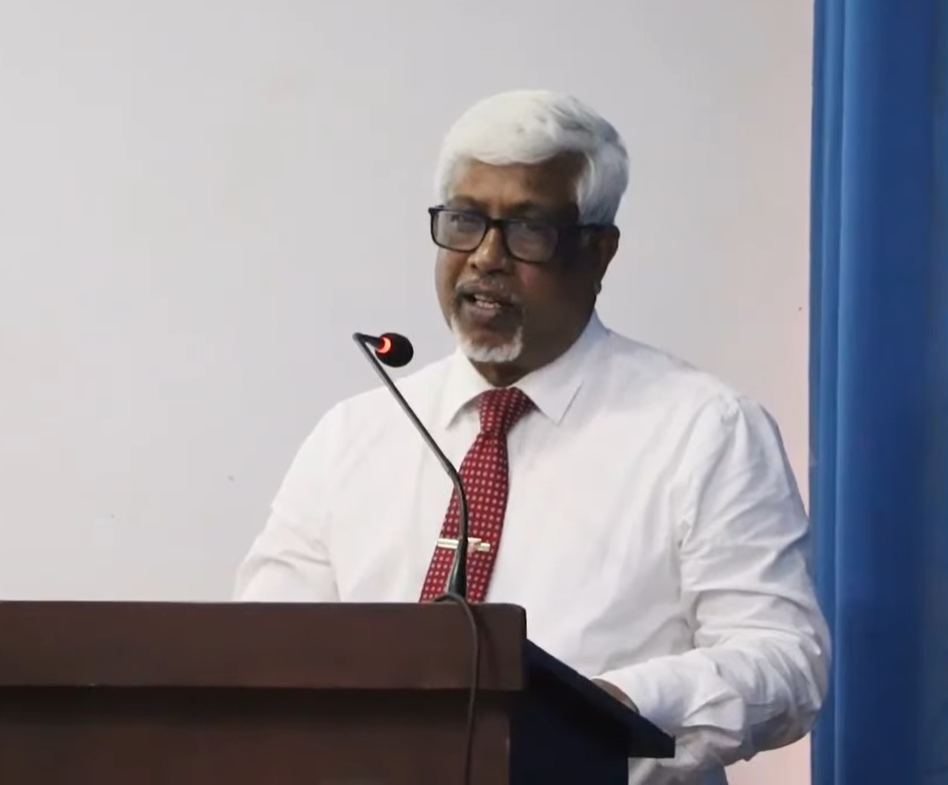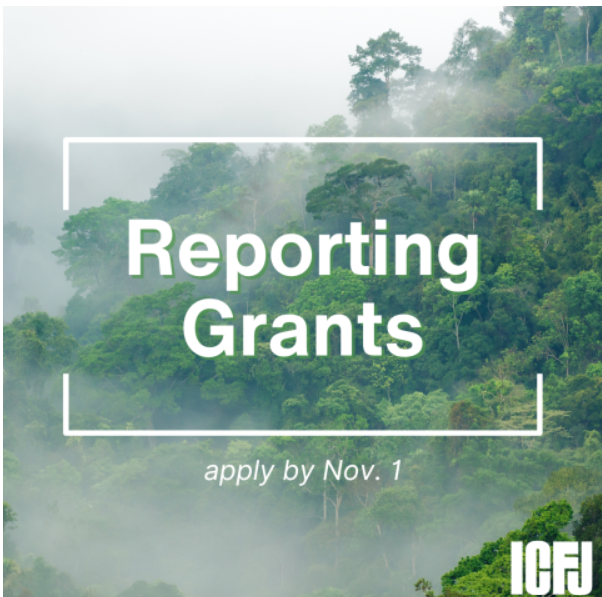To increase women’s political representation at the parliamentary level, 51 % of the country’s population, several measures should be taken including the introduction of new policies, said Saman Sri Ratnayake, the Commissioner General of Elections.
He made these remarks at the ‘Digital Dictatorship, Online Hate, and Women’s Political Representation’ event hosted by the Centre for Investigative Reporting (CIR) on Wednesday (30) at the Sri Lanka Foundation Institute (SLFI).
“Women are essential in decision-making spaces,” he said.
He also said that this problem — where women politicians played a minimal role in the decision-making of political parties — was a common one.
“We recently mandated that parties should ensure that a woman is represented in their top structure – that is either as chairperson, treasurer, or secretary. However, some political parties have instead invented a position called ‘national organiser – women’ and have appointed a woman. What we aimed for isn’t being achieved. This status quo needs to change, starting from party members themselves, but in our country, there are no party members, just some voters during the election time. The decision makers who run some parties can fit into a three-wheeler,” said Ratnayake.
Noting that there is less space in any field for women to come forward, he said the existing cultural barriers exacerbated the issue: “Even female election officers face these barriers due to odd, busy working hours.”
However, this translates to losing their capacity and insights in policymaking and no country should miss out on the knowledge and expertise of their female population, said Ratnayake.
The event saw the launch of two CIR publications which compiled 13 stories by CIR journalist fellows – nine on electoral integrity and four on digital dictatorship, online hate, and women’s political representation.
The publications are a result of two fellowship programmes conducted by the CIR to train and mentor journalists to develop high quality, in-depth stories exploring aspects of electoral integrity.




![Grants fund investigative journalism [Worldwide]](https://cir.lk/wp-content/uploads/2024/11/Screenshot-2024-11-05-064832.png)
